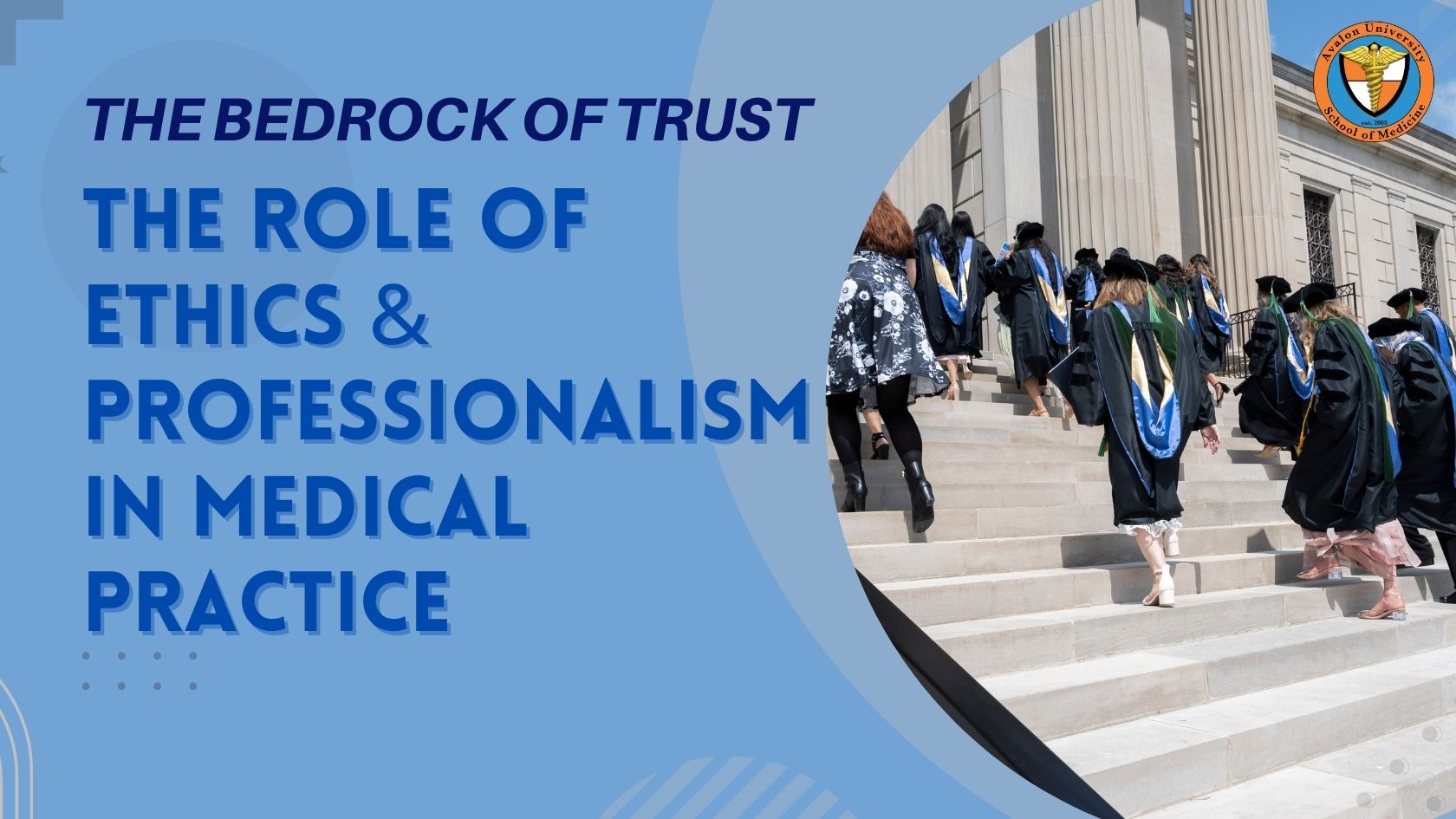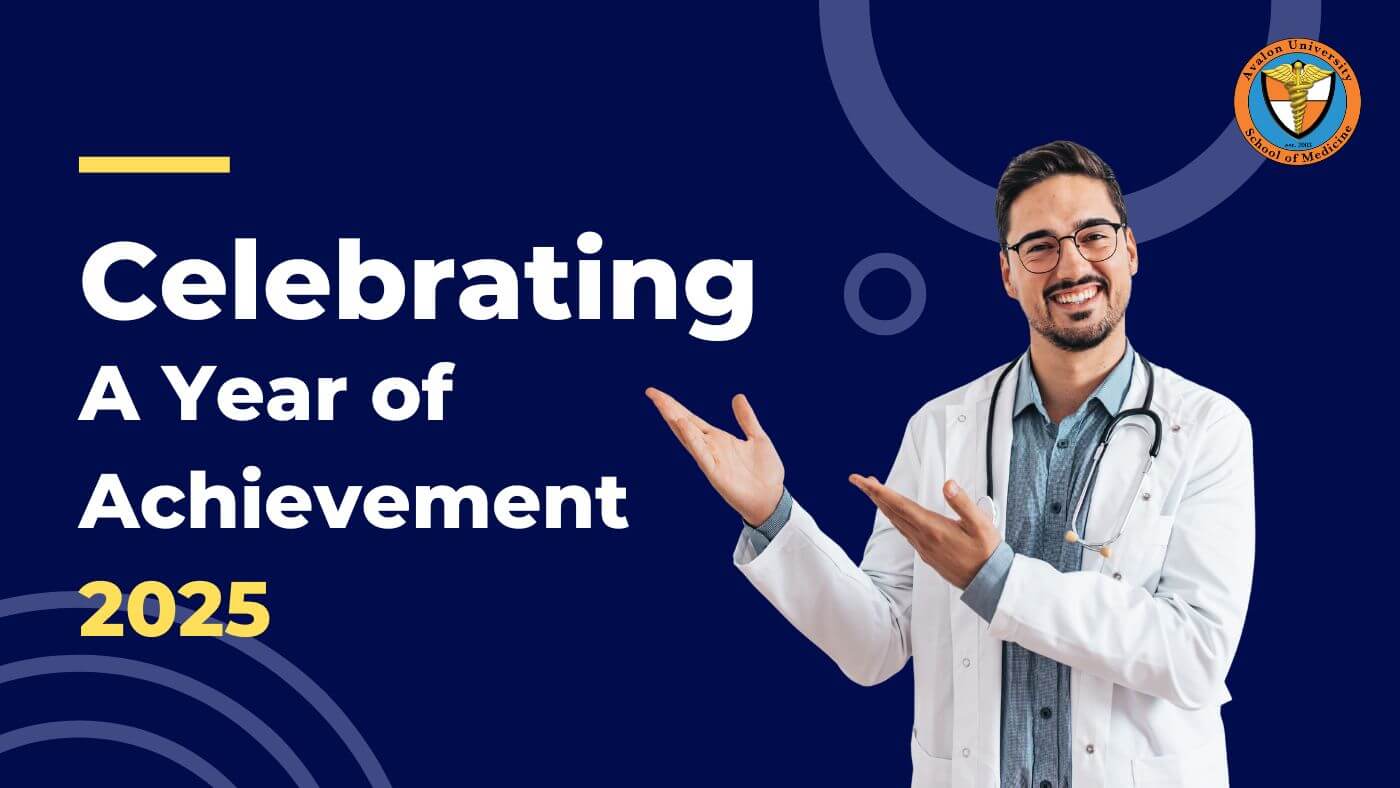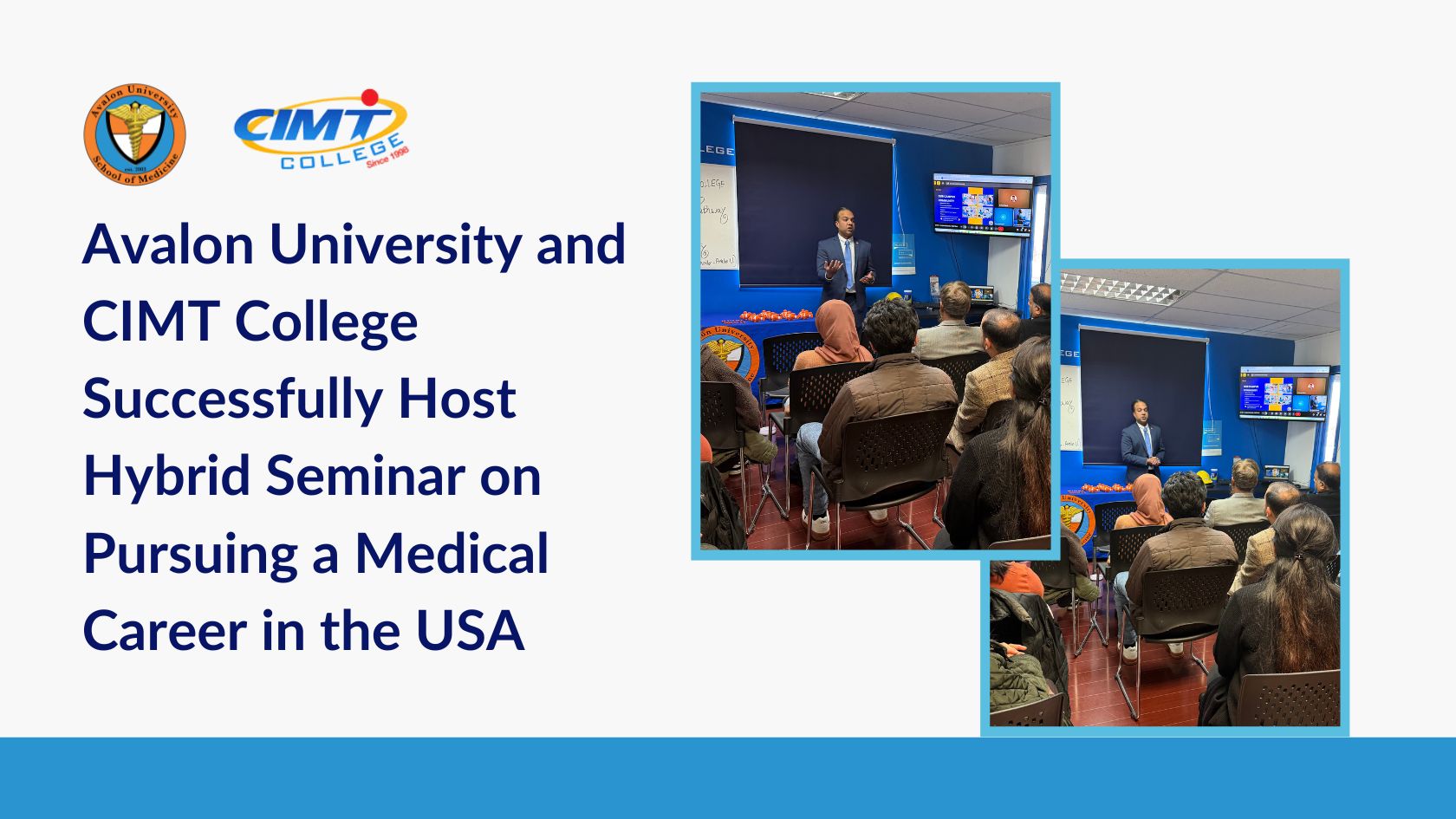The Bedrock of Trust: The Role of Ethics and Professionalism in Medical Practice
Imagine stepping into a doctor’s office, vulnerabilities laid bare. Fear and hope intertwine, entrusting a stranger with your most precious possession – your health. This delicate dance lies at the heart of medical practice, where trust serves as the bridge between vulnerability and healing. This trust, however, is not built on thin air. It is meticulously constructed from two unshakeable pillars: ethics and professionalism.
Ethics: Navigating the Moral Labyrinth
Medical ethics are not a rigid rulebook, but a compass guiding practitioners through the labyrinth of complex situations. Principles like autonomy, beneficence, non-maleficence, and justice function as guiding stars, illuminating the path.
- Autonomy: Respecting a patient’s right to make informed decisions, even if it challenges the recommended course of action. Imagine a terminally ill patient refusing invasive treatment. Autonomy dictates respecting their choice, even as we grapple with the desire to do everything we can to help the patient.
- Beneficence: Prioritizing the patient’s well-being, minimizing harm, and maximizing benefit. This gets tested when faced with limited resources. Should we prioritize a younger patient with higher survival odds, or an older patient with equal need?
- Non-maleficence: The Hippocratic Oath’s core, it reminds us to “do no harm.” Yet, interventions often carry inherent risks. How do we balance potential benefits with the possibility of unintended harm?
- Justice: Ensuring fair and equitable access to healthcare, regardless of background or circumstance. This is not just about affordability; it is about dismantling systemic biases that create barriers to care.
These principles do not always sing in harmony. Conflicts arise, demanding not just knowledge but also empathy, critical thinking, and open communication.
Professionalism: More Than Just a White Coat
Professionalism transcends technical expertise. It is a tapestry woven from honesty, integrity, compassion, confidentiality, and respect.
- Honesty and Integrity: Every interaction hinges on truthfulness. Withholding information, manipulating diagnoses, or engaging in financial misconduct erodes trust, potentially endangering lives.
- Compassion: Recognizing and responding to emotional vulnerabilities with empathy and understanding. A cold, dismissive demeanor can shatter trust, while a compassionate touch can offer solace and strength.
- Confidentiality: Guarding patient privacy is sacrosanct. Breaches can have devastating consequences, from reputational damage to emotional trauma.
- Respect: Treating every patient with dignity, regardless of their condition, beliefs, or social standing. Disrespectful behavior, implicit bias, or discriminatory practices shatter the very foundation of healthcare.
Professionalism also encompasses continuous learning, effective collaboration, and advocating for systemic improvements. It is about being more than just a practitioner; it is about being a leader who strives for a better healthcare ecosystem.
The Symbiotic Dance: Ethics and Professionalism, Hand in Hand
Imagine ethics as the moral compass and professionalism as the steady gait. One guides direction, the other ensures the journey unfolds with integrity and respect. Informed consent, for instance, thrives on both. Respecting patient autonomy (ethics) necessitates clear, honest communication (professionalism).
Beyond Trust: The Ripple Effect of Ethical and Professional Conduct
Adherence to these principles is not just about warm fuzzies; it has tangible benefits:
- Stronger patient-provider relationships: Trust fosters openness, shared decision-making, and better adherence to treatment plans.
- Improved healthcare outcomes: Ethical practices lead to more informed decisions, fewer errors, and better patient outcomes.
- Enhanced professional reputation: Upholding ethical and professional standards strengthens public trust in the medical profession.
- Increased personal satisfaction: Acting ethically and professionally contributes to a greater sense of purpose and meaning in one’s work.
Challenges and the Road Ahead
The path is not without its thorns. Technological advancements, resource limitations, and societal pressures create ethical dilemmas. Consider artificial intelligence making treatment decisions or the pressure to prescribe unnecessary tests due to financial incentives. Addressing these challenges necessitates open dialogue, ongoing education, and robust support systems for healthcare providers.
A Lifelong Commitment: Shaping the Future of Medicine
Ethics and professionalism are not one-time achievements; they are lifelong commitments, much like the rigorous education provided by the best international medical schools. These principles demand constant reflection, adaptation, and growth, mirroring the continuous learning journey in these esteemed institutions. In a world grappling with complex medical realities, ethics and professionalism serve as unwavering anchors. They ensure that the noble pursuit of healthcare, as taught in the best international medical schools, remains rooted in trust, respect, and the ultimate goal: the well-being of all.





